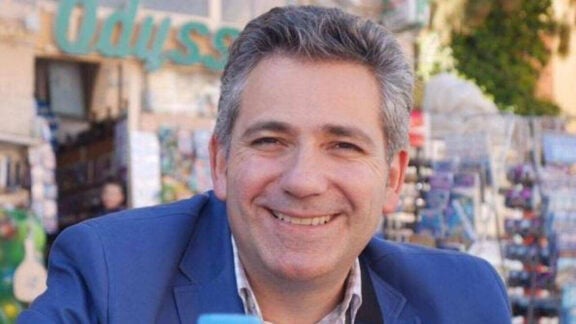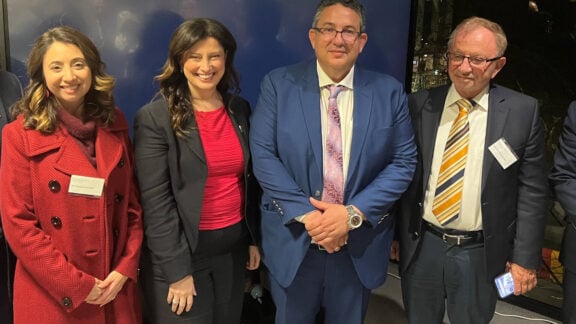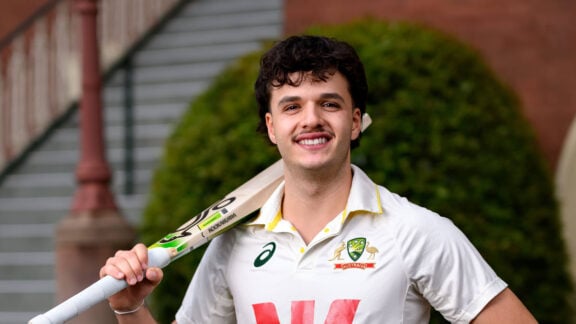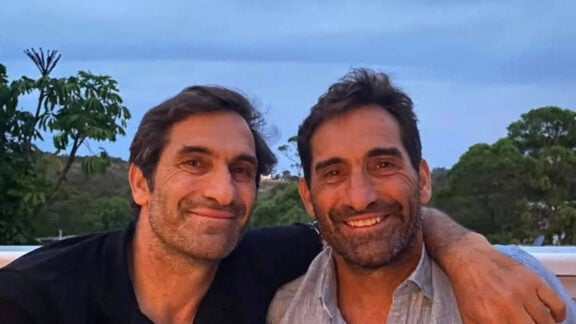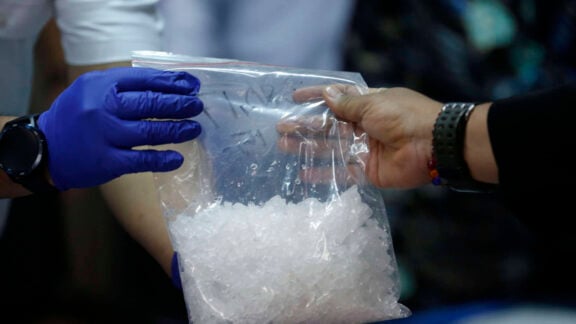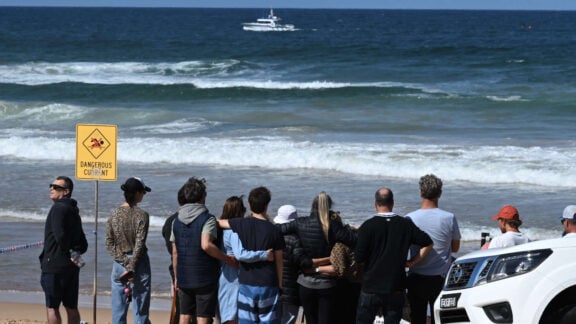Caretaker conventions ahead of the federal election were the sole reason behind Australia’s stance to not co-sponsor a UNESCO proposal on the proclamation of February 9 as World Greek Language Day, according to the country’s Ambassador to Greece Alison Duncan.
The proposal was adopted by consensus by the Executive Board of UNESCO earlier in April, but Australia was not among the 87 member states that co-sponsored it, sparking community backlash and criticism by Greek community leaders in Australia.
Speaking to Neos Kosmos on Friday, Ambassador Duncan dismissed reports that Australia is not supportive of a World Greek Language Day as inaccurate.
“The way it was reported made it sound like Australia was not supporting Greece in that particular issue. And it’s not the case,” she said.
“The reality is that at that UNESCO meeting there were dozens of agenda items, and we didn’t co-sponsor any of them because we are in a caretaker period of government.”
While not legally binding, adherence to caretaker conventions requires the government to stick to routine business and not undertake a range of commitments, including of international nature.
The assessment is reportedly a matter of judgement. And many community leaders have deemed the ‘caretaker protocol’ explanation unsatisfactory, given the World Greek Language Day recognition initiative was in motion well before the election period began and is of non-legislative nature.
Responding to a petition by Professor Anastasios Tamis advocating for the recognition, in October 2024 Federal Minister for Foreign Affairs Penny Wong and NSW Minister for Multiculturalism Steve Kamper had noted:
“Greek is not one of the six UN official languages, and there is currently no precedent for establishing an International Day for a non-official language. Nonetheless, community efforts to celebrate the long history of the Greek language should be supported.”
“I suggest it may be useful to engage with the Chair of the Parliamentary Friends of Greece, Mr Steve Georganas MP to explore ways for parliaments to acknowledge the importance of the Greek language to communities around the world.”
When contacted by Neos Kosmos last week in response to community outcry, Minister Wong’s office reiterated the government’s support to the initiative.
“The Albanese Labor Government supports and welcomes a new World Greek Language Day… We look forward to celebrating this day with Australian Greek communities in Australia on 9 February.”
Greer Alblas, Australia’s Ambassador and Permanent Delegate to UNESCO was present at the UNESCO proceedings culminating in the day recognition, Ambassador Duncan said.
“Our ambassador was present.
“There was no vote. It [the proposal] was adopted by consensus and we were there as part of the consensus.
“We’re delighted that there’s now a world Greek language Day and we’ll be celebrating it on the 9th of February,” she told Neos Kosmos.
Greek is the sixth most spoken language in Australia, the Ambassador added.
“We would never object to a world Greek language day. I mean, it’s ridiculous to think that Australia would do that.”
In its announcement about the 14 April UNESCO decision, the Greek Ministry of Foreign Affairs praised the “culmination of the continuous efforts undertaken […] in coordination with the Permanent Representation of Greece to UNESCO, with the scientific support of Professor of Linguistics, Georgios Babiniotis.”
The official proclamation of February 9 as World Greek Language Day is set to take place during the 43rd session of the UNESCO General Conference in November 2025.

